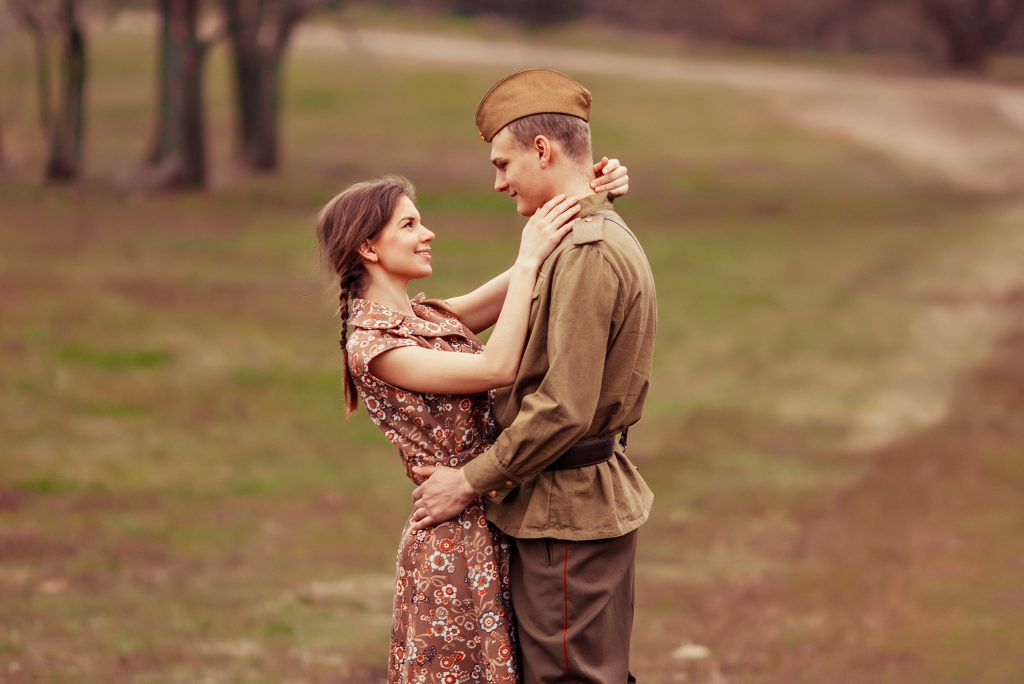Love in the Line of Fire: Romance and Danger in Military Life

Share This Post
“In war, as in love, we must open the gates, or we perish.” Love is a battlefield, but what happens when love itself emerges in the heart of a battlefield? Military life is synonymous with discipline, danger, and sacrifice, leaving little room for romance—yet it is in these very extremes that passion burns the brightest. In Midnight in Havana, Steven Bleemel fuses an electrifying tale of love that defies rules, age, and war itself. The story of Gisela Rodriquez, a fearless special forces sniper, and Johnnie T, a seasoned Marine Gunnery Sergeant twice her age, is not just about love—it’s about survival, resilience, and the unbreakable human connection that thrives even in the most treacherous of circumstances. This is not your typical romance. There are no candlelit dinners or cozy evenings by the fire. In its place, we have classified CIA missions, forbidden love between ranks, and the constant looming shadow of death. And yet, within this high-stakes environment, Midnight in Havana shows us that love is not just possible—it is inevitable.
Love stories set against the backdrop of war have always captivated audiences. There is something strongly moving about two people finding peace in each other while the world around them is engulfed in chaos. Why does romance in military settings feel so much more intense? The answer lies in the stakes. In civilian life, love has time to grow; in war, love must defy time itself. Bleemel’s novel captures this intensity perfectly. Gisela and Johnnie’s love is not just about attraction—it is about survival, about having something worth fighting for. When every day could be your last, love takes on a different meaning. It becomes raw, urgent, and unstoppable. Midnight in Havana forces us to confront a powerful question: What would you risk for love?
Military life is built on structure, regulations, and discipline. Relationships between officers and enlisted personnel are strictly forbidden—a rule meant to maintain order. Yet, what happens when two people fall in love despite those rules? The answer is heartbreakingly simple: they fight, they hide, they sacrifice, but they never stop loving. Gisela Rodriquez, a 29-year-old elite sniper, is everything a soldier is trained to be—focused, fearless, and relentless. She has survived battlefields, endured loss, and carved out a reputation as one of the best. But when she meets Johnnie T, a 59-year-old Marine Top Sergeant, everything changes. He is not just her superior—he is her equal in ways she never expected. He is experienced, steady, and carries the weight of war on his shoulders.
Studies show that high-intensity situations amplify human emotions. When people go through life-threatening experiences together, their bonds deepen at an accelerated rate. This is why soldiers who fight together form unbreakable connections. In Midnight in Havana, Gisela and Johnnie are not just lovers—they are each other’s last line of defense. Their relationship is not based on superficial attraction; it is built on trust, protection, and understanding the weight of war. When Gisela is captured by terrorists, it is Johnnie who risks everything to save her. Their love is not just passionate—it is the reason they keep going. This is the heart of military romance. It is not just about stolen kisses in secret places—it is about knowing someone would take a bullet for you.
One of the most fascinating aspects of Midnight in Havana is Johnnie’s character. At 59, he is far from the typical young romance hero. He is a seasoned soldier, someone who has lived through war, experienced loss, and carries deep emotional wounds. And yet, it is this very maturity and experience that makes him so compelling. The “Silver Fox” archetype—an older, confident, and worldly-wise hero—has gained immense popularity in recent years, and for good reason. Older heroes bring emotional depth, offering wisdom, patience, and an understanding of life’s complexities. Their past struggles make them more layered, real, and inherently captivating, while their protective nature and unwavering devotion provide a deep sense of security. Johnnie T embodies all of these qualities and more—not just a soldier, but a survivor whose love for Gisela transcends fleeting passion, evolving into a and meaningful shakable devotion.
War has an expiration date, but does love? In Midnight in Havana, we see a romance that does not just burn bright in danger but endures beyond it. After the battlefield, real life begins—and with it, a different kind of challenge. Gisela and Johnnie’s love is tested not just by war, but by ordinary life—trauma, loss, and the struggle to find peace after years of chaos. The novel does not just leave us with an intense romance but forces us to ask: “What happens when the war is over? Can love survive in peacetime?”
Midnight in Havana by Steven Bleemel is not just a military romance—it is a story of survival, courage, and the transformative power of love. Gisela and Johnnie’s love is forbidden, dangerous, and tested in the flames of war, but it is also the one thing that gives them hope.
This novel reminds us that love, even in the darkest of times, is not a weakness—it is the ultimate strength. Because at the end of the day, bullets may fly and battles may rage, but love will always be the most powerful force of all.